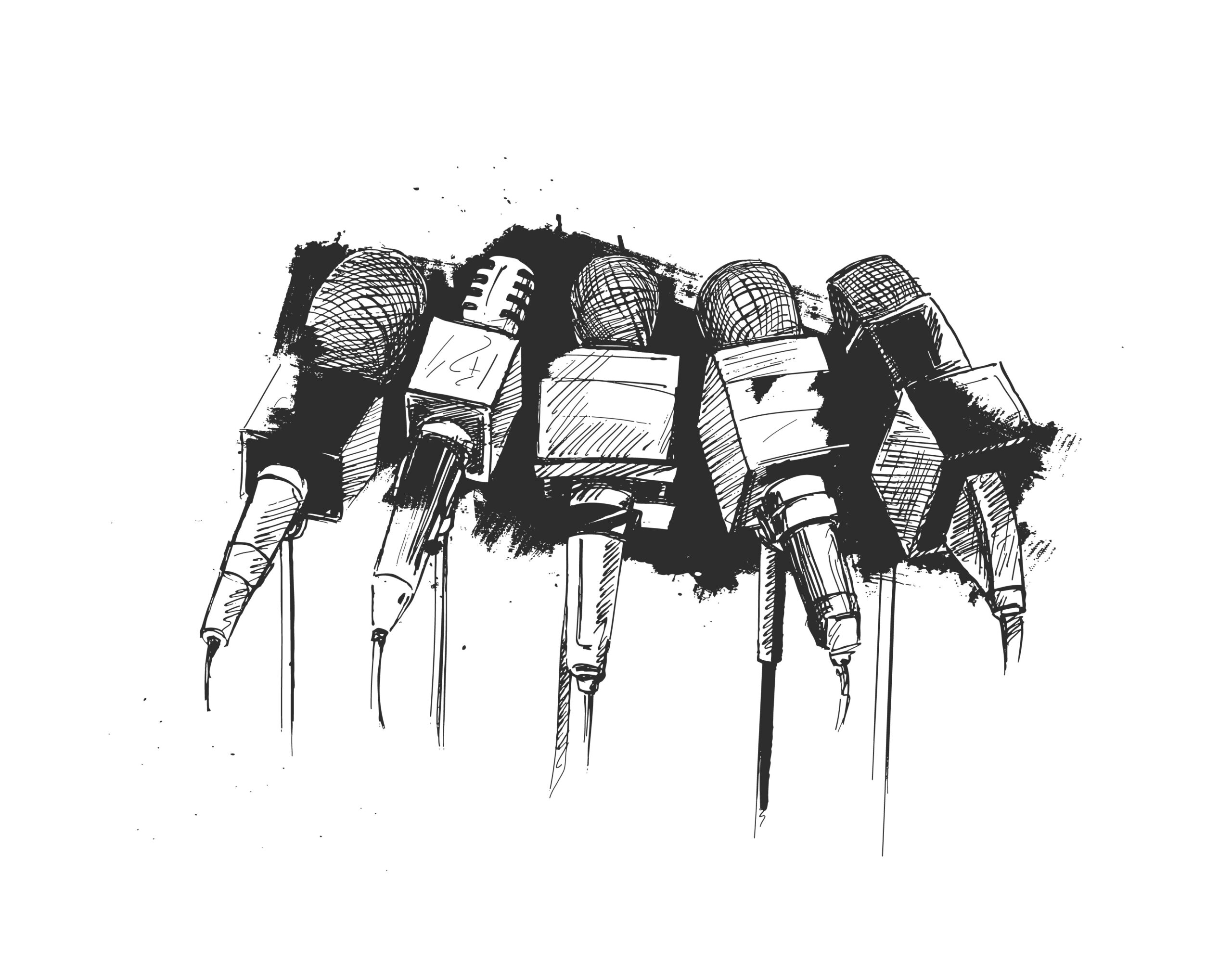In a vibrant, pluralistic society, the marketplace of ideas is often boisterous, sometimes uncomfortable, and occasionally even offensive. Yet, safeguarding the right to free speech for everyone, as long as it does not violate the law, is not merely an abstract ideal. It is a critical, self-preserving principle. To allow the silencing of others, even those with whom we vehemently disagree, is to Chip away at the very foundation that protects our own future ability to speak our minds.History and contemporary challenges alike underscore this vital truth, a point echoed in various discussions across publications like The New York Times, The Washington Post, and The Wall Street Journal.
A pluralistic society, by its nature, is composed of individuals and groups holding diverse beliefs, values, and opinions.For such a society to function and thrive, open, even if challenging, communication is essential. As explored in discussions surrounding free speech, such as those found in the archives of The New York Times, the robust exchange of ideas is fundamental to democratic processes and the healthy navigation of diversity. Restricting speech, even with seemingly good intentions, can stifle the very dialogue necessary to understand different perspectives and find common ground.
The danger of allowing censorship, even for speech we find repellent, lies in the precedent it sets. What begins with silencing views deemed unacceptable by a majority or those in power can easily expand to include dissenting opinions of all stripes. This “slippery slope,” a concept often discussed in the context of free speech debates, is a significant concern.As highlighted in commentary and analysis, including in The Washington Post, once the power to silence is granted and normalized, it can be wielded against increasingly broader categories of expression. The criteria for what is deemed “harmful” or “unacceptable” can shift, and today’s censor might become tomorrow’s censored.
Protecting the speech of those with whom we disagree is, in essence, an act of self-preservation. The Wall Street Journal,in its opinion pages and analysis, has often emphasized the importance of open debate and the free exchange of ideas for a healthy economy and a free society. This perspective underscores that a climate of open expression benefits everyone by fostering innovation, enabling critical analysis, and holding power accountable. When dissenting voices are muzzled, the potential for stagnation and the rise of unchecked authority increases.
The legal framework in many democratic societies, particularly in the United States, recognizes that free speech is not absolute and has limitations, such as inciting violence or defamation. However, these limitations are generally narrowly defined to protect the broader principle of open expression. The crucial point is that the power to define and enforce these limitations must not become a tool for suppressing legitimate, if unpopular, viewpoints.
In an age of rapid information dissemination and often polarized public discourse, the temptation to silence voices that challenge our own beliefs can be strong. However, succumbing to this temptation is a perilous path. Today, we might cheer the silencing of a voice we dislike, but we must consider that tomorrow, thePrevailing winds of opinion might shift,and our own deeply held beliefs could become the target.
Ultimately, upholding free speech within legal boundaries in a pluralistic society is an investment in our collective future and our individual liberty. It requires a commitment to tolerance, a willingness to engage with uncomfortable ideas, and a recognition that the most effective way to counter speech we disagree with is often with more speech, not enforced silence. As the diverse voices within The New York Times, The Washington Post, and The Wall Street Journal consistently remind us, the protection of free speech is a continuous responsibility, a vital shield that, when extended to all within the bounds of the law, ultimately protects each one of us.


Recent Comments